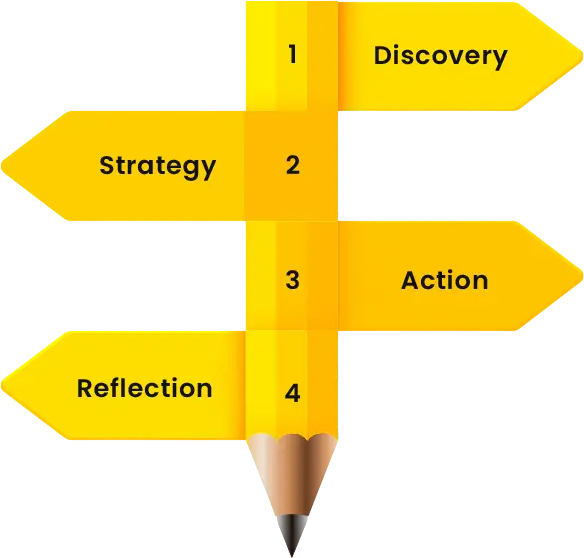Narcissism is more than just having an inflated ego or being self-absorbed; it’s a complex personality disorder that can profoundly impact those who are in relationships with narcissists. This blog aims to explore four specific types of narcissists—Grandiose, Vulnerable, Malignant, and Covert—and their behavioral traits. We will also discuss how being in a relationship with a narcissist can affect a person’s mental, emotional, and physical well-being.
Narcissism, as defined by the American Psychological Association, involves a pervasive pattern of grandiosity, need for admiration, and lack of empathy. Narcissists often struggle with maintaining healthy relationships due to their manipulative and self-centered behavior.

Grandiose Narcissist
Vulnerable Narcissist
Malignant Narcissist
Covert Narcissist
While couples therapy can be challenging with a narcissist, it can sometimes offer a platform for addressing issues. However, it’s essential to approach this with caution and ideally with a therapist experienced in dealing with narcissistic personality disorder.
In extreme cases, seeking legal advice may be necessary to protect yourself. Whether it’s understanding your rights or taking steps to leave the relationship, professional guidance can be invaluable.

Take the first step towards healing today. Reach out, seek support, and remember—you deserve a life free from abuse.

“When someone oversteps your boundaries, they’re letting you know that what you want doesn’t matter.” — Unknown
One of the most harmful impacts of being in a relationship with a narcissist is constant emotional manipulation. Narcissists often use tactics like gaslighting to make their partners question their reality. This leads to a loss of self-esteem and confidence, leaving the individual feeling unsure of themselves.
Jessica, a 32-year-old marketing executive, found herself constantly second-guessing her decisions and feelings because her narcissistic partner would gaslight her into believing she was always wrong. Over time, Jessica’s once vibrant confidence dwindled, making it difficult for her to function both in personal and professional settings.
Gaslighting and other manipulative behaviors make it challenging for individuals to establish trust, not only with their narcissistic partners but also in future relationships. This often results in a damaged sense of self, making it hard to form healthy, trusting relationships.
Narcissists often put their partners through emotional rollercoasters, oscillating between adoration and devaluation. One moment, you’re the center of their universe; the next, you’re made to feel insignificant. This creates anxiety and uncertainty, making it difficult for anyone to find emotional stability.
Mark, a software developer, experienced severe anxiety because his narcissistic girlfriend would shower him with love one day and completely ignore him the next. This inconsistency made it difficult for Mark to maintain a balanced emotional state, leading to chronic stress.
Effective communication is often absent in relationships involving narcissists. Narcissists tend to dominate conversations, leaving their partners feeling unheard and invalidated. This lack of mutual understanding can deteriorate the relationship over time.
The emotional strain of being in a relationship with a narcissist can lead to various mental health issues, including depression, anxiety, and even post-traumatic stress disorder (PTSD). The constant manipulation and lack of emotional support take a significant toll on mental well-being.
Chronic stress and anxiety from being in a toxic relationship can manifest in physical health problems. Symptoms like headaches, digestive issues, and even cardiovascular problems can arise due to the prolonged stress of dealing with a narcissistic partner.
Narcissists often isolate their partners from friends and family to maintain control. This social isolation can strain personal relationships and make it difficult for the individual to seek external.
Understanding the different types of narcissists—Grandiose, Vulnerable, Malignant, and Covert—and their impacts on relationships is the first step toward taking control of your well-being. From emotional manipulation to severe mental health issues, the effects of being in a relationship with a narcissist are profound. However, with the right coping strategies and professional help, it’s possible to reclaim your life and mental health.
If you’re struggling in a relationship with a narcissist, don’t hesitate to seek help. Book a call with one of our expert therapists today and take the first step toward a healthier, happier you.

Colloboration Inquiries:
What’s The Fear LLC is an active member of the community and wants to help promote and participate in impactful projects.
Client Support:
What’s The Fear LLC is dedicated to responding to your questions, concerns and feedback in a timely manner.
Copyright © 2024 WhatsTheFear LLC | Unlimited Personal Growth